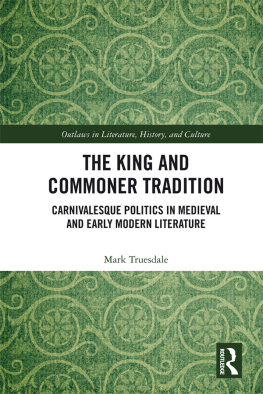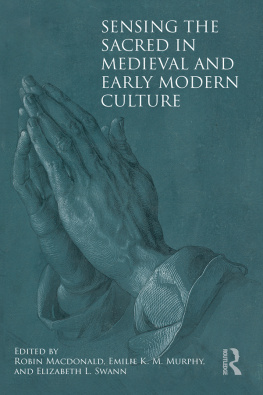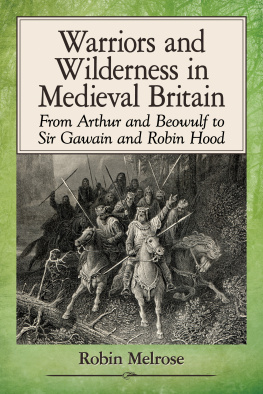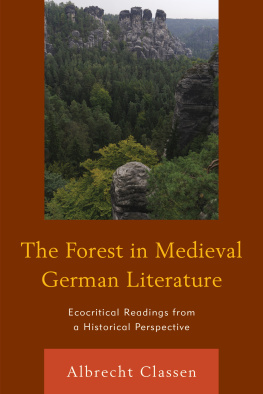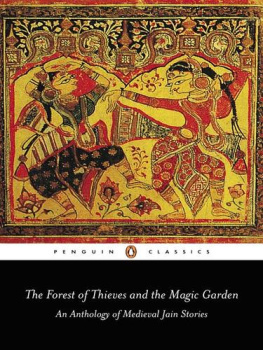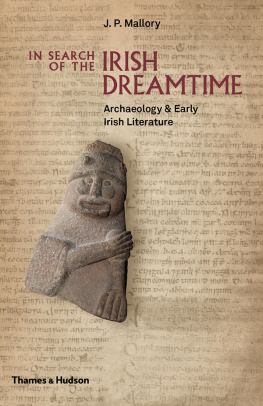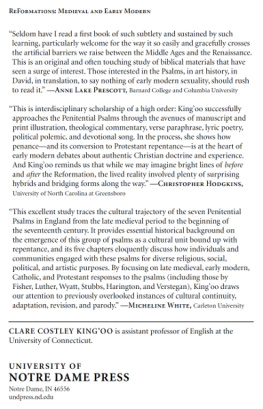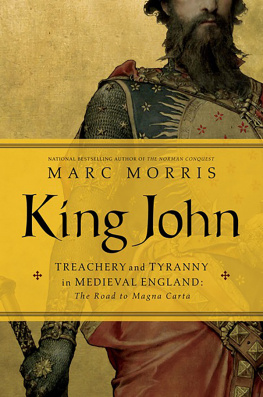The King and Commoner Tradition
King and Commoner tales were hugely popular across the late medieval and early modern periods, their cultural influence extending from Robin Hood ballads to Shakespearean national histories. This study represents the first detailed exploration of this rich and fascinating literary tradition, tracing its development across deeply politicized fifteenth-century comic tales and early modern ballads.
The medieval King and Commoner tales depict an incognito king becoming lost in the forest and encountering a disgruntled commoner who complains of class oppression and poaches the kings deer. This is an upside-down world of tricksters, violence, and politicized feasting that critiques and deconstructs medieval hierarchy. The commoners of these tales utilize the inversion of the medieval carnival, crowning themselves as liminal mock kings in the forest while threatening to rend and devour a body politic that would oppress them. These tales are complex and ambiguous, reimagining the socio-political upheaval of the late medieval period in sophisticated ruminations on class relations. By contrast, the early modern ballads and chapbooks see the tradition undergo a conservative metamorphosis. Suppressing its more radical elements amid a celebration of proto-panoptical kings, the tradition remerges as royalist propaganda in which the king watches his thankful subjects through the keyhole.
Mark Truesdale completed his PhD in 2016 at Cardiff University, producing a study of the fifteenth-century King and Commoner tradition and its early modern afterlife.
Outlaws in Literature, History, and Culture
Edited by Lesley A. Coote and Alexander L. Kaufman
Outlaws in Literature, History, and Culture examines the nature, function, and context of the outlaw and the outlawedpeople, spaces, practicesin the pre-modern world, and in its modern representations. By its nature, outlawry reflects not only the outlawed, but the forces of law which seek to define and to contain it. Throughout the centuries, a wide and ever-changing, and yet ever familiar, variety of outlaw characters and narratives has captured the imagination of audiences both particular and general, local and global. This series seeks to reflect the transcultural, transgendered and interdisciplinary manifestations, and the different literary, political, socio-historical, and media contexts in which the outlaw/ed may be encountered from the medieval period to the modern.
Series Advisory Board:
Sayre N. Greenfield, University of Pittsburgh at Greensburg
Kevin J. Harty, La Salle University
Valerie B. Johnson, University of Montevallo
Stephen Knight, University of Melbourne
John Marshall, University of Bristol
Joseph F. Nagy, University of California, Los Angeles
Thomas H. Ohlgren, Emeritus, Purdue University
W. Mark Ormrod, University of York
Helen Phillips, Cardiff University
Graham Seal, Curtin University
Linda Troost, Washington and Jefferson College
Charles van Onselen, University of Pretoria
3Lead Belly, Woody Guthrie, Bob Dylan and American Folk Outlaw Performance
Damian A. Carpenter
4The King and Commoner Tradition
Carnivalesque Politics in Medieval and Early Modern Literature
Mark Truesdale

Figure 0FM.1 The Forest of Dean Freeminer brass (c. 14001700), in All Saints Church, Newland. Photographed by Mark Truesdale (9/2014).
The King and Commoner Tradition
Carnivalesque Politics in Medieval and Early Modern Literature
Mark Truesdale
First published 2018
by Routledge
711 Third Avenue, New York, NY 10017
and by Routledge
2 Park Square, Milton Park, Abingdon, Oxon OX14 4RN
Routledge is an imprint of the Taylor & Francis Group, an informa business
2018 Taylor & Francis
The right of Mark Truesdale to be identified as author of this work has been asserted in accordance with sections 77 and 78 of the Copyright, Designs and Patents Act 1988.
All rights reserved. No part of this book may be reprinted or reproduced or utilised in any form or by any electronic, mechanical, or other means, now known or hereafter invented, including photocopying and recording, or in any information storage or retrieval system, without permission in writing from the publishers.
Trademark notice: Product or corporate names may be trademarks or registered trademarks, and are used only for identification and explanation without intent to infringe.
Library of Congress Cataloging-in-Publication Data
Names: Truesdale, Mark author.
Title: The king and commoner tradition : carnivalesque politics in medieval and early modern literature / by Mark Truesdale.
Description: New York : Routledge, 2018. | Series: Outlaws in literature, history, and culture | Includes bibliographical references and index.
Identifiers: LCCN 2017051071 (print) | LCCN 2017059358 (ebook) | ISBN 9781351106696 (ebook) | ISBN 9780815364764 (alk. paper)
Subjects: LCSH: Outlaws in literature. | Kings and rulers in literature. | English literatureMiddle English, 11001500History and criticism.
Classification: LCC PR275.O78 (ebook) | LCC PR275.O78 T78 2018 (print) | DDC 820.9/001dc23
LC record available at https://lccn.loc.gov/2017051071
ISBN: 978-0-8153-6476-4 (hbk)
ISBN: 978-1-351-10669-6 (ebk)
Typeset in Sabon
by Apex CoVantage, LLC
For Helen
I must first thank Stephen Knight for enthusiastically introducing me to King Edward and the Shepherd and providing kind words and cherished advice during the initial stages of my research. I am also greatly indebted to Rob Gossedge for supervising the PhD thesis from which this study emerged. My research was moulded by his patience, encouragement, and innumerable insightful comments. Additionally, I am tremendously grateful to Lesley Coote, Carl Phelpstead, and Helen Phillips for reading various drafts of this study and offering astute and helpful suggestions. Numerous friends and colleagues at Cardiff University have also provided enouragement and observations, with special thanks to Megan Leitch, Martin Coyle, Sophie Battell, Sheri Smith, Johannes Laubmeier, Marianne Fisher, Nicole Davall and Alison Harthill. I am much obliged to Lesley Coote, Alex Kaufman, Max Novick, and Jennifer Morrow in their roles as Routledge editors for helping this study find its way into print.
I deeply thank my parents for their inexhaustible support and encouragement. And last but far from least, my loving partner Helen Langdon has supported me throughout my research, acting as a sounding board for my ideas and providing many suggestions relating to clarity and matters of detail; I am eternally grateful to her.
Next to adventures of Robin Hood and his men, the most favourite topic in English popular poetry is the chance-encounter of a king, unrecognised as such, with one of his humbler subjects.2
King and Commoner tales were hugely popular across England and Scotland in the late-medieval and early modern periods, their influence echoing across an array of literature from outlaw ballads of Robin Hood to Shakespearean national histories.3 Yet recent years has seen this literary tradition become largely forgotten, glimpsed only in the margins of modern culture and academia. This book aims to examine much of this literature for the first time, providing an introduction to a rich and deeply politicised comic tradition that mulls on the nature of power, kingship, surveillance, revolt, and the commoners place in an often oppressive world.4

